What does testosterone do in women?
Have you ever heard about the masculinity hormone in women? While it is true that testosterone is known as the male hormone par excellence, it is also produced in the female body, and its presence plays a vital role in the development and maintenance of women's physical and mental health.
For a long time, it has been believed that testosterone is a hormone exclusive to men, however, more and more studies demonstrate its importance in the female body. In this article, we will delve into the world of testosterone in women and discover the effects that this hormone has on the female body.
Testosterone in women
Although testosterone levels are much lower in women than in men, this hormone plays an important role in your body. Testosterone in women is produced by the ovaries and adrenal glands, and its function is very different from that of men.
In women, testosterone is necessary for the development and maintenance of muscles and bones, as well as the maintenance of libido and sexual health. It is also important for the regulation of menstrual cycles, the production of estrogen and the prevention of chronic diseases such as osteoporosis.
Additionally, testosterone also has effects on women's brains. Studies have shown that this hormone can improve spatial memory, problem-solving abilities, and decision-making. It has also been linked to improving mood and reducing symptoms of depression in women.
However, low or high testosterone levels in women can have negative health effects. Low testosterone levels have been linked to decreased libido, fatigue, and loss of muscle mass. On the other hand, high levels of testosterone can cause acne problems, increased body and facial hair, and voice changes.
Testosterone and sport
Another important aspect of the role of testosterone in women is its relationship with sports. Although testosterone is considered a hormone that promotes muscle growth and strength, in women its role in sports is more complex.
In fact, high testosterone levels in women may be an indication of endocrine disorders such as polycystic ovary syndrome, which can negatively affect a woman's health. On the other hand, low testosterone levels can affect sports performance and ability to recover from injuries.
In general, the role of testosterone in women's sport is complex and depends on many factors, including age, type of sport and level of training.
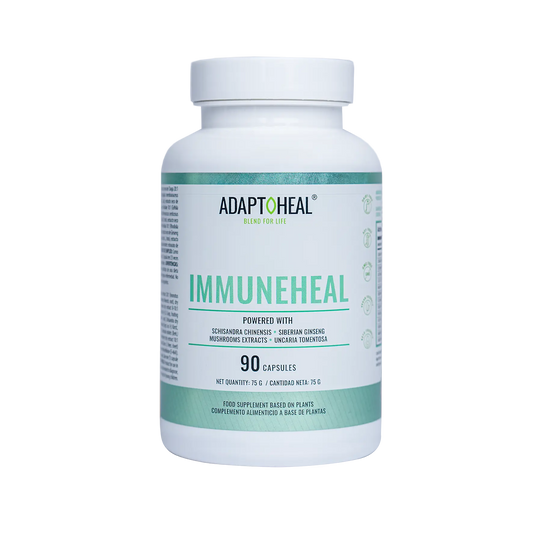
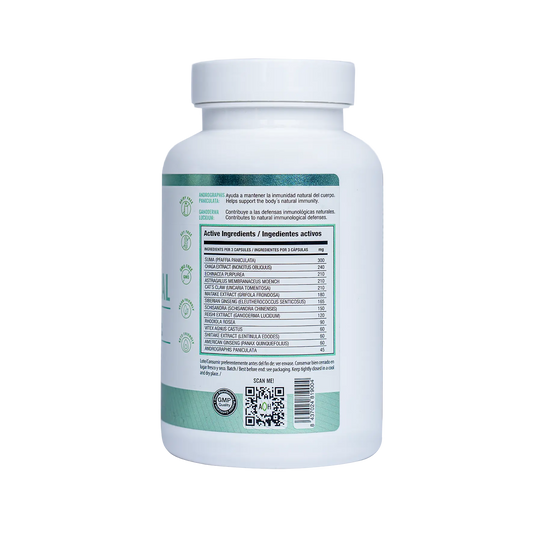
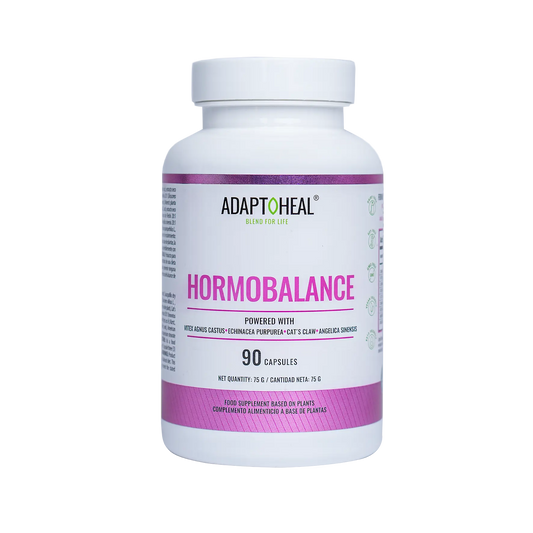
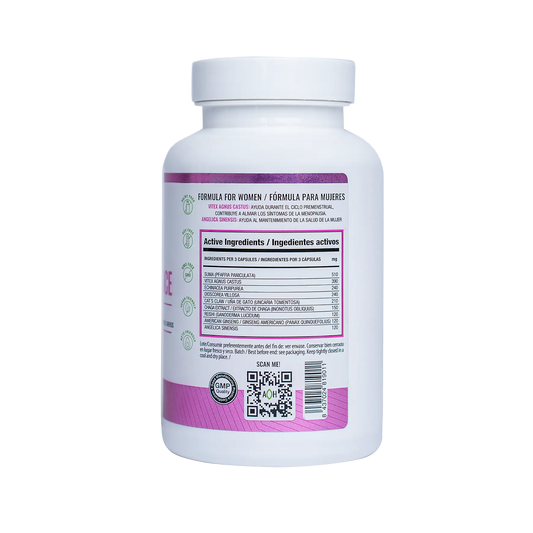
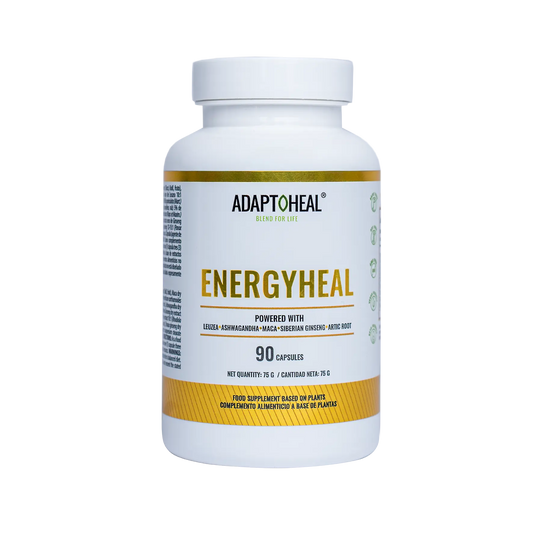
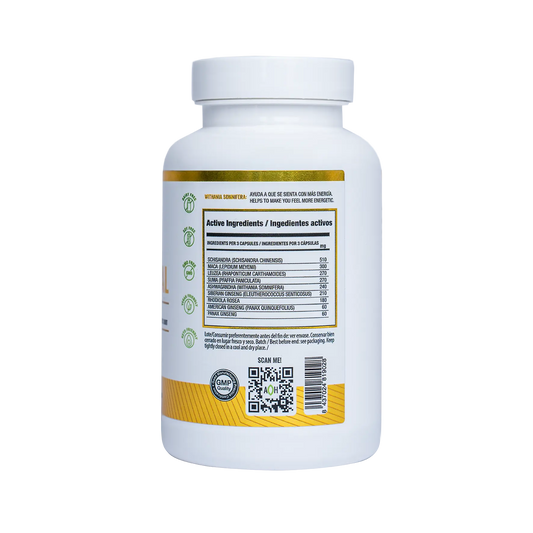
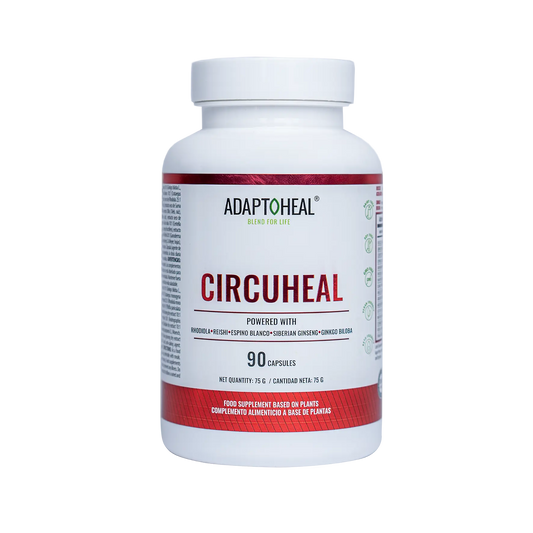
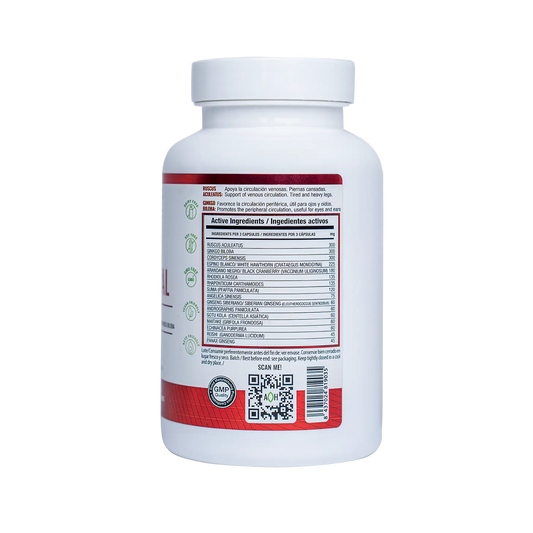
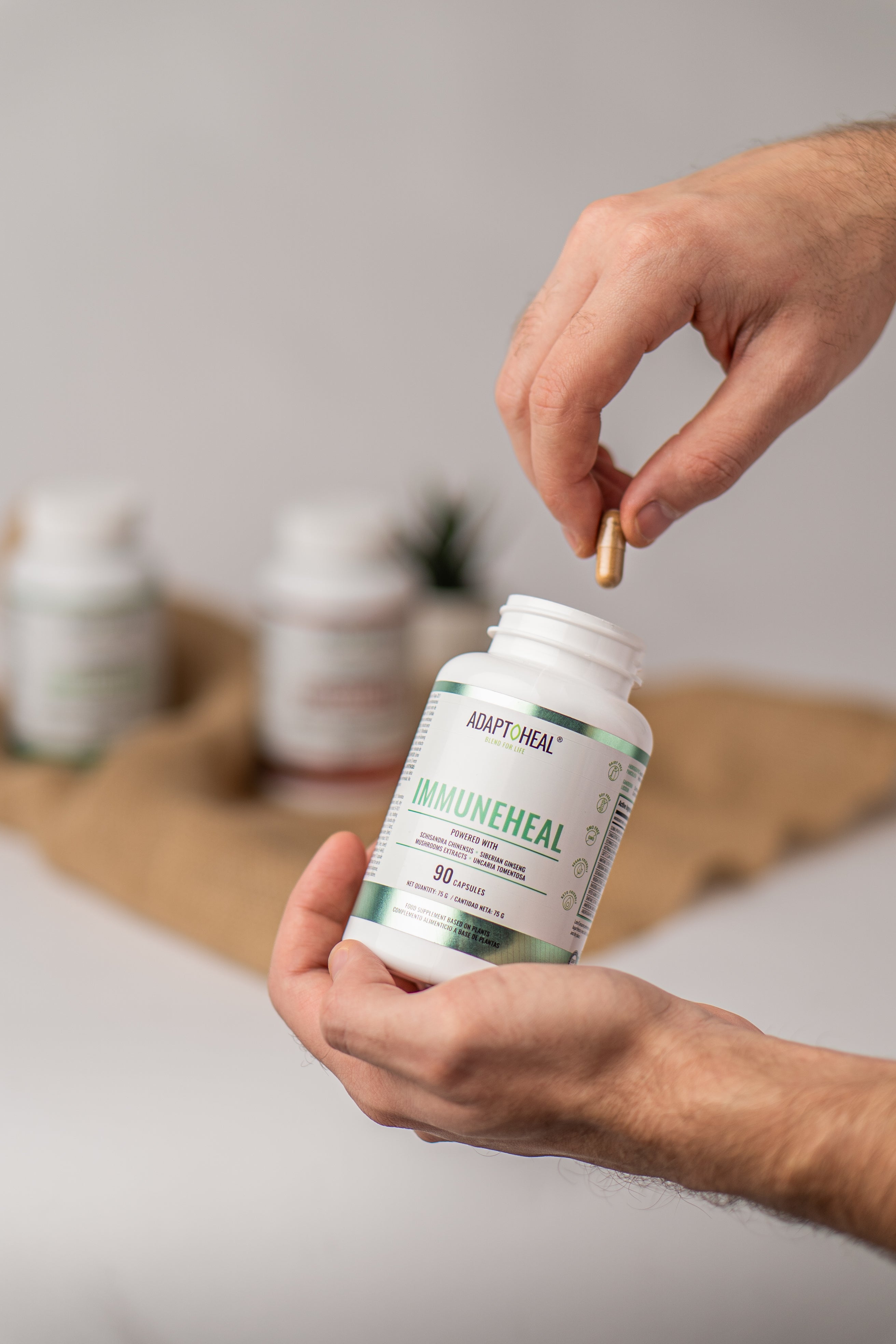
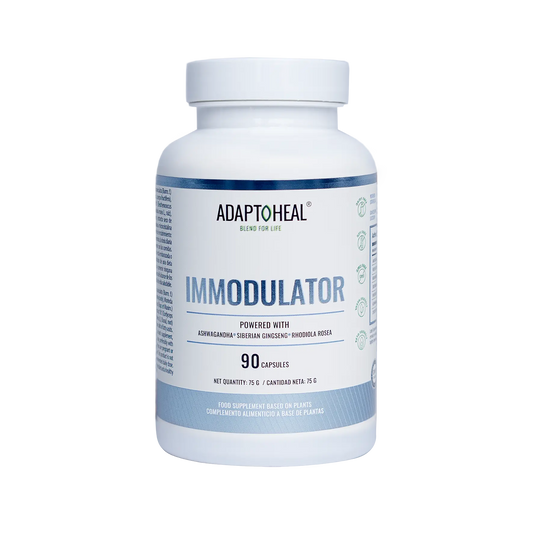
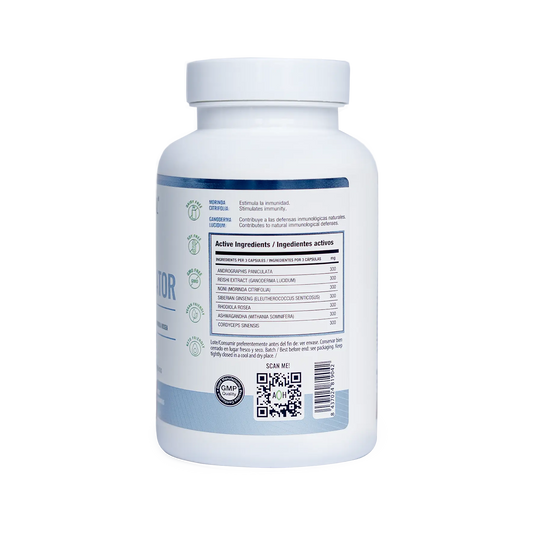


Leave a comment